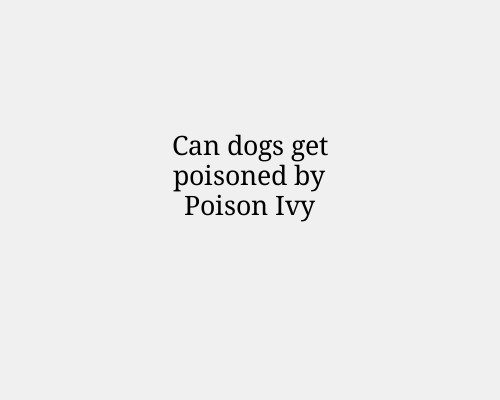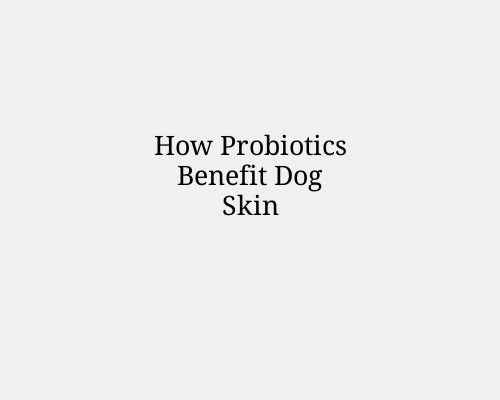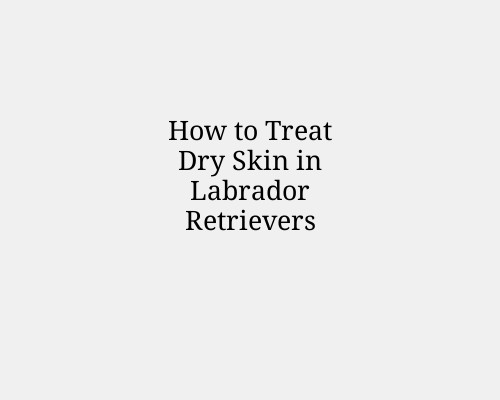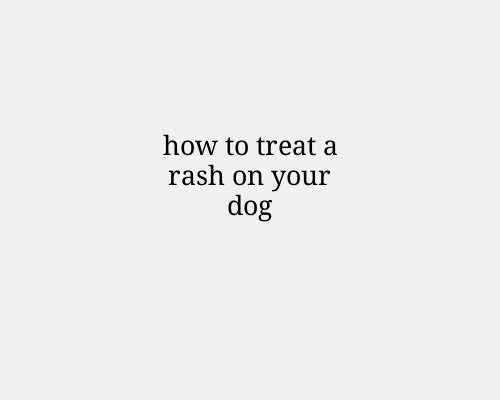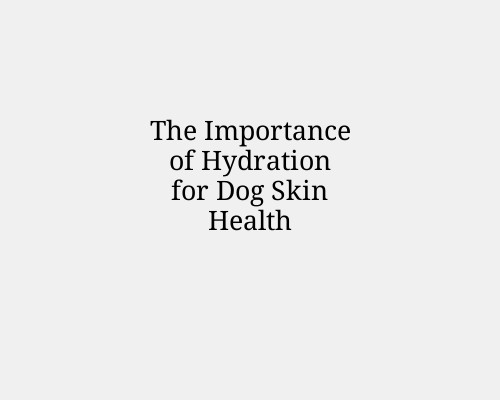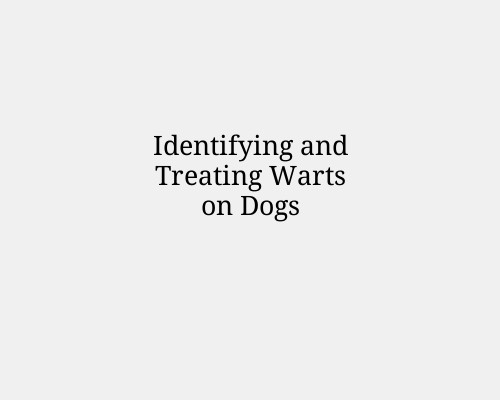Can dogs get poisoned by Poison Ivy
Can dogs get poisoned by Poison Ivy?
Yes, dogs can be affected by poison ivy, though it's less common than in humans. Poison ivy contains urushiol, an oily resin that causes irritation. Here’s how it can impact dogs and what to watch out for:
How Dogs Can Get Poisoned by Poison Ivy
Direct Contact: If a dog brushes against poison ivy, urushiol can stick to their fur. Dogs with thinner coats or exposed skin (e.g., on the belly, nose, or paws) are more vulnerable.
Human Exposure: While their fur protects them somewhat, humans can get poison ivy by petting a dog that has urushiol on its coat.
Symptoms of Poison Ivy poisoning in Dogs
Red, irritated skin (especially on exposed areas)
Itching and scratching
Small, raised bumps or blisters
Swelling or tenderness
In severe cases, skin infections from excessive scratching
What to Do if Your Dog Comes into Contact with Poison Ivy
Bath Immediately: Wash the dog with warm water and a pet-safe shampoo to remove the oil. Wear gloves to avoid urushiol transfer.
Monitor: Watch for signs of irritation or excessive scratching.
Veterinary Care: If symptoms persist or worsen, consult a vet. They may recommend antihistamines or topical treatments to soothe the skin.
Prevention Tips
Avoid areas with poison ivy while hiking or playing outdoors.
Learn to identify poison ivy (three-leaf clusters with a glossy surface).
Regularly bathe your dog after outdoor activities.
Although severe reactions are rare, any persistent skin irritation should be treated to avoid further complications.

